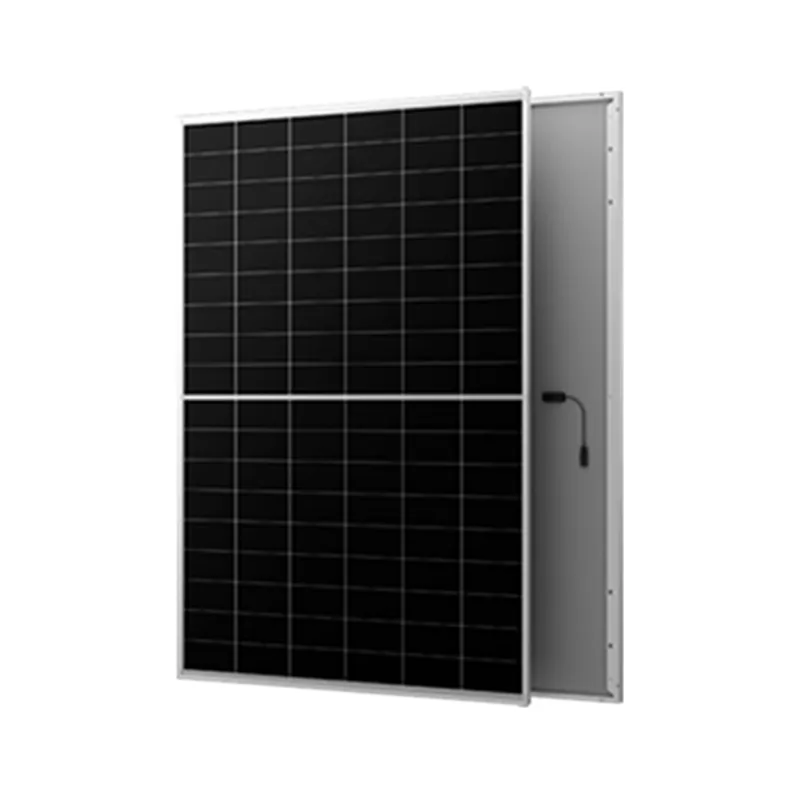Exploring the Benefits and Applications of Solar Photovoltaic Technology in Energy Solutions
The Rise of Solar Photovoltaic Systems Harnessing the Power of the Sun
In the quest for sustainable energy solutions, solar photovoltaic (PV) systems have emerged as a beacon of hope. These innovative technologies convert sunlight directly into electricity, offering numerous benefits while addressing the critical challenges posed by climate change and fossil fuel depletion. With a growing global emphasis on reducing carbon emissions and transitioning to renewable energy sources, solar PV systems are becoming a fundamental part of energy policies worldwide.
Solar photovoltaic systems operate on a simple yet effective principle. Solar panels, typically made from silicon-based cells, capture sunlight and convert it into electricity through the photovoltaic effect. When sunlight strikes the solar cells, it knocks electrons loose from their atoms, generating a flow of electricity. This process is clean, silent, and produces no greenhouse gas emissions, making it a remarkably sustainable energy source.
One of the most compelling advantages of solar PV systems is their versatility. They can be installed on rooftops, mounted on the ground, or integrated into building designs, making them suitable for both residential and commercial applications. Homeowners can produce their own electricity, significantly reducing their energy bills and reliance on grid power. Additionally, excess energy can often be sold back to the grid, creating a potential revenue stream for users.
The decline in the cost of solar technology over the past decade has also been remarkable. Advances in manufacturing processes, increased competition, and government incentives have all contributed to making solar energy more accessible. According to the International Renewable Energy Agency (IRENA), the cost of solar photovoltaic systems has fallen by more than 80% since 2010, enabling more households and businesses to adopt this technology. As prices continue to drop, solar energy is becoming an economically viable option for many, regardless of their location.
solar photovoltaic system

Furthermore, solar PV systems contribute significantly to energy independence. Countries investing in solar infrastructure can reduce their dependence on imported fossil fuels, enhancing their energy security. This decentralization of energy generation also creates more resilient energy systems that are better equipped to handle disruptions, such as extreme weather events that may impact traditional power supply chains.
Despite the numerous benefits, challenges remain in the widespread adoption of solar photovoltaic systems. The intermittent nature of solar energy—depending on sunlight availability—highlights the need for storage solutions, such as batteries, to ensure a consistent energy supply. Furthermore, the installation of solar systems requires upfront investment, which can be a barrier for some households and businesses. However, innovative financing models such as power purchase agreements (PPAs) and community solar initiatives are emerging to address these challenges.
In addition to individual benefits, the collective shift to solar energy can drive significant ecological benefits. As more people and businesses transition to solar power, the demand for fossil fuels decreases, leading to reduced air pollution and lower carbon emissions. Moreover, the large-scale implementation of solar PV systems can stimulate job creation in the renewable energy sector, contributing to economic growth and resilience.
In conclusion, solar photovoltaic systems represent a transformative solution to contemporary energy challenges. As technology continues to advance and costs decline, the path toward a sustainable, clean energy future becomes increasingly attainable. By embracing solar energy, individuals, businesses, and governments can take meaningful steps toward mitigating climate change, enhancing energy security, and fostering economic development. The sun is a resource that will never run out, and harnessing its power has the potential to revolutionize our approach to energy. With increased awareness and investment in solar technologies, we can illuminate a brighter and more sustainable future for generations to come.
-
String Solar Inverter: The High-Efficiency Solution for Smart Solar EnergyNewsJul.14,2025
-
Revolutionizing Rooftop Energy with the Power of the Micro Solar InverterNewsJul.14,2025
-
Power Independence with Smart Off Grid Solar Inverter SolutionsNewsJul.14,2025
-
On Grid Solar Inverter: Powering the Future with Smart Grid IntegrationNewsJul.14,2025
-
Monocrystalline Solar Panels: High-Efficiency Power for the Future of Clean EnergyNewsJul.14,2025
-
Bifacial Solar Panel: A Smarter Investment for Next-Generation Energy SystemsNewsJul.14,2025







